Reusable Bags.
Incentivizing sustainable guest practices through design and product strategy.
Client: Target Corporation
Industry: Retail
Services: Strategy Development, Industry Research
Design Brief.
Target’s marketing team was seeking a design partner to develop a sustainable, design-first approach to their reusable bag program. FutureTogether provided market research, design frameworks, and rollout recommendations to better guide their product development, marketing, and implementation efforts.
Outcome.
Target launched an effective incentive program for reusable bags, along with a variety of reusable bag styles, to educate their guests. Over the course of several years and store renovations, they incorporated our suggested recycling stations into their store designs. The successful implementation of the program allowed them to achieve their desired environmental and operational savings.
Social Impact.
Our proposals resulted in Target’s team’s taking a behavior-changing approach to their reusable bag program. Designing the right kinds of bags and incentive programs led to high adoption rates and the promotion of sustainable habits.
Environmental Impact.
Our design efforts diverted tons of plastic waste from landfills annually. The suggested changes reduced Target’s environmental footprint, gave recycling greater visibility, and fostered a culture of environmental stewardship at the store level.
User Scenarios.
Target guests were interviewed over the course of several weeks and patterns emerged about the pain points related to closing reusable bag cycles. To provide actionable opportunities, we developed concepts around the findings. Specific consumer behaviors were paired with complementary research insights to create brief-like product development scenarios. The goal? Increase the reuse of bags and incentivize customers to bring their bags back to the store.
Lateral Thinking.
We researched comparable retailers in different geographic locations to gauge how the competition was thinking about reusable bags. In addition to instore and online research, we investigated related and inspirational markets like fashion and furnishings to outline possible design directions for Target’s creative team.
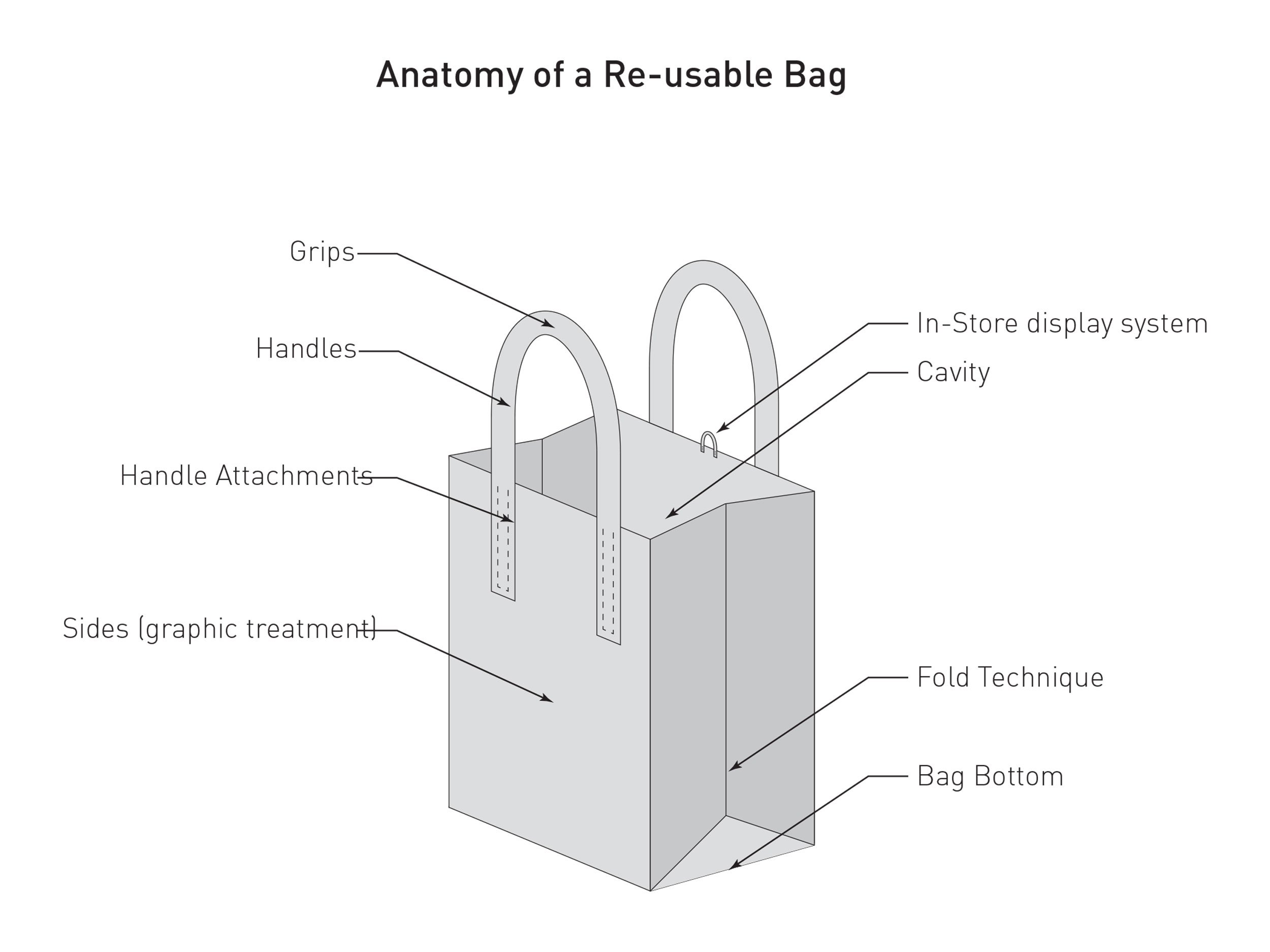
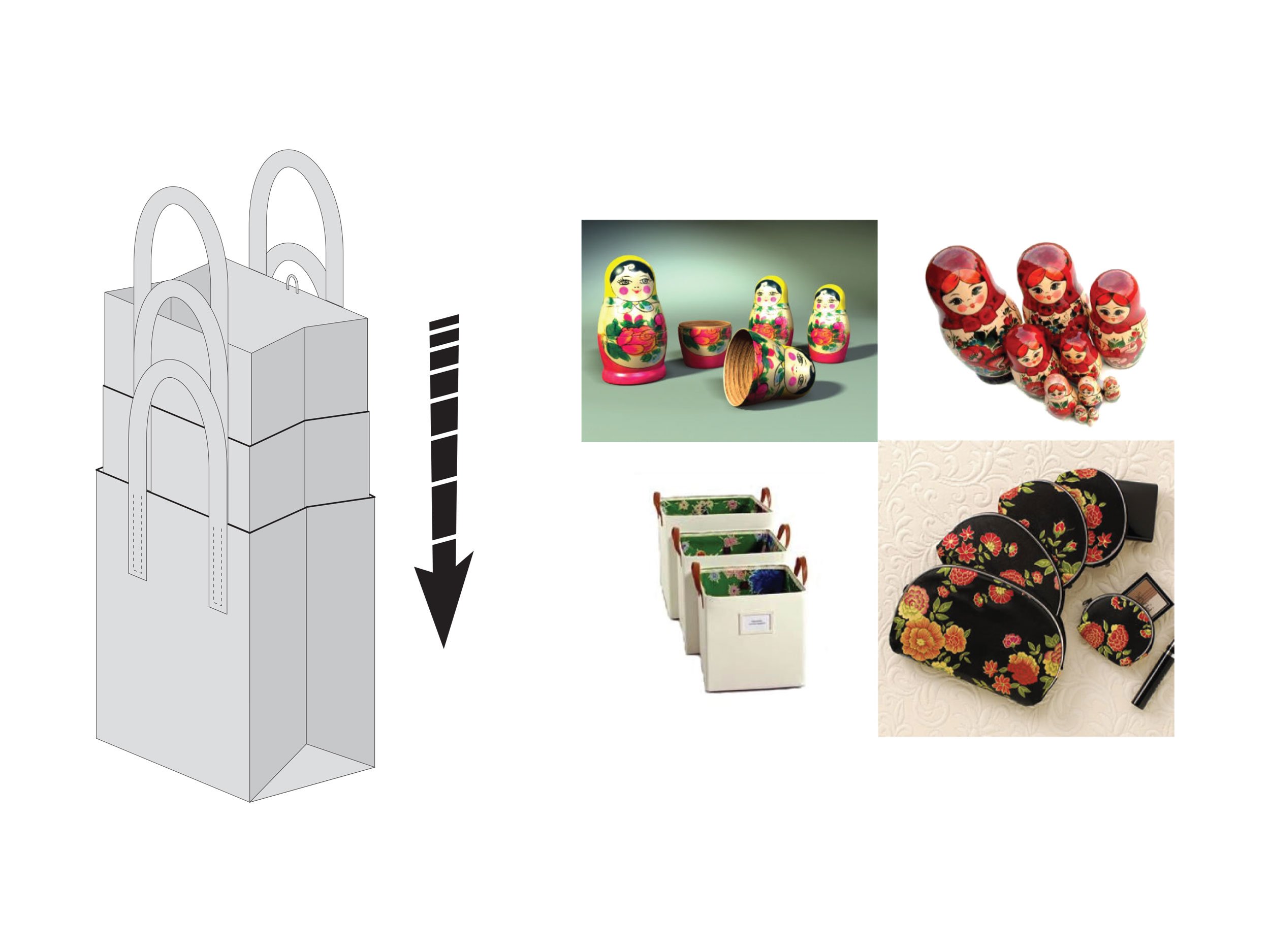
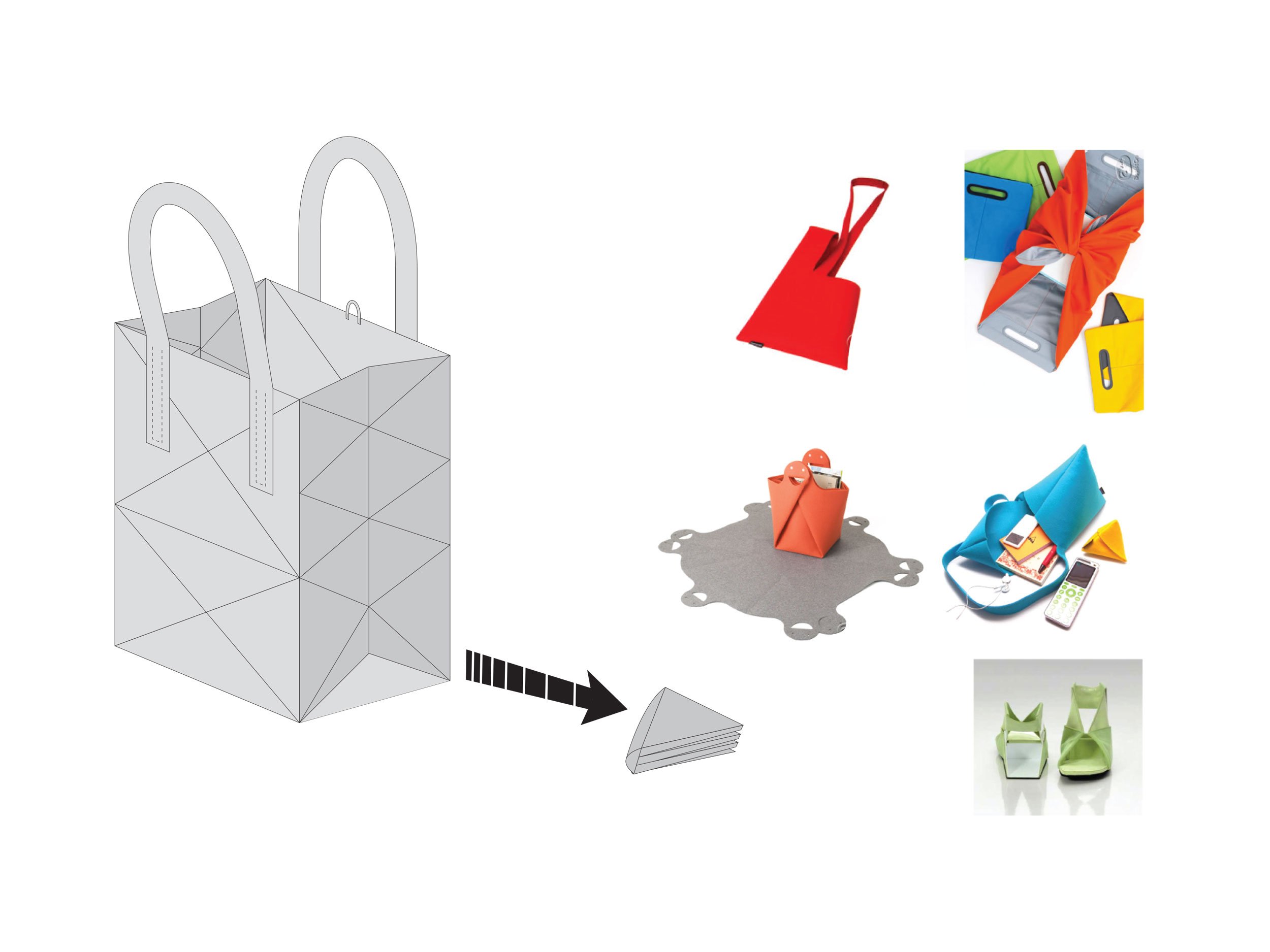
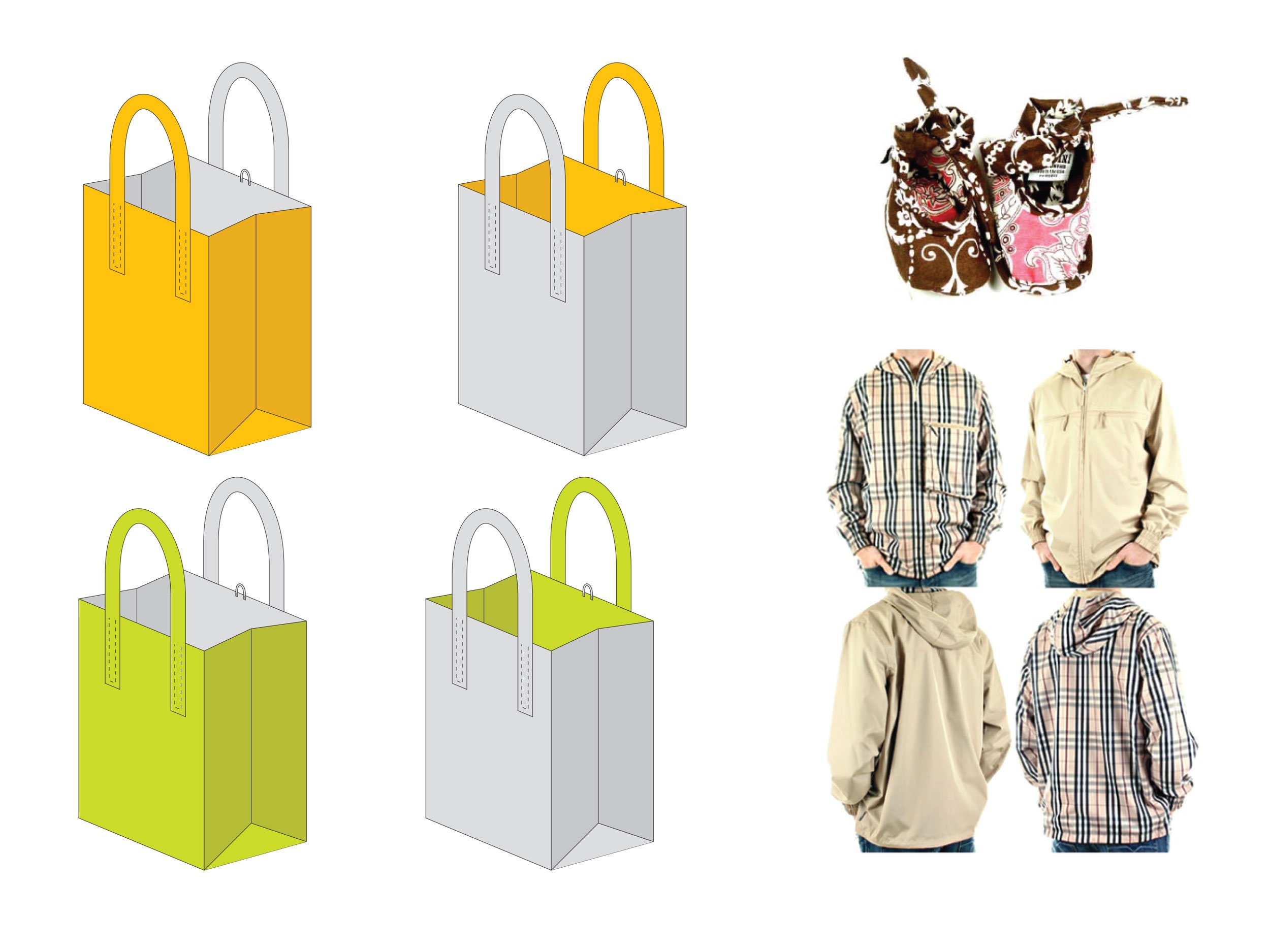
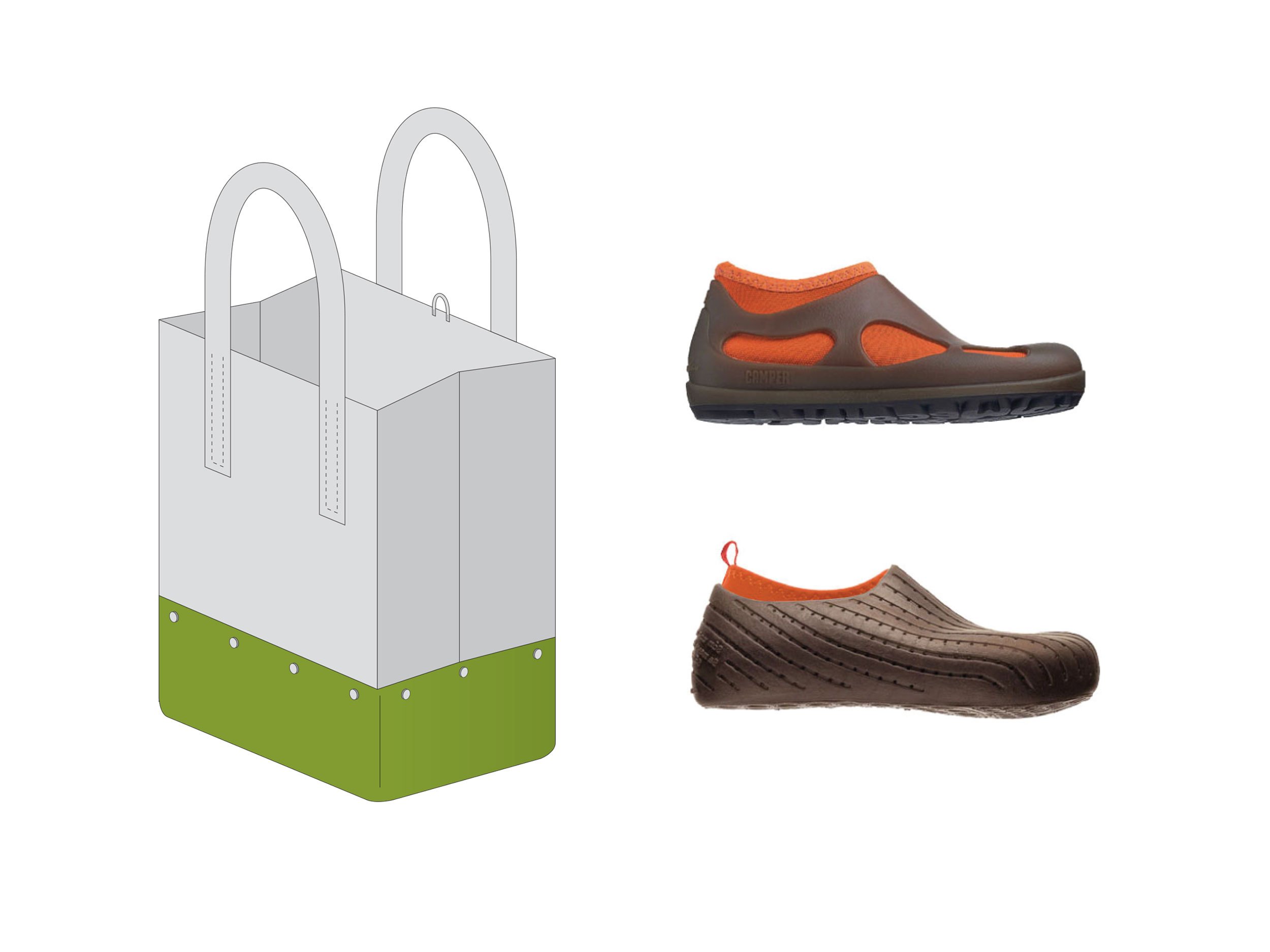
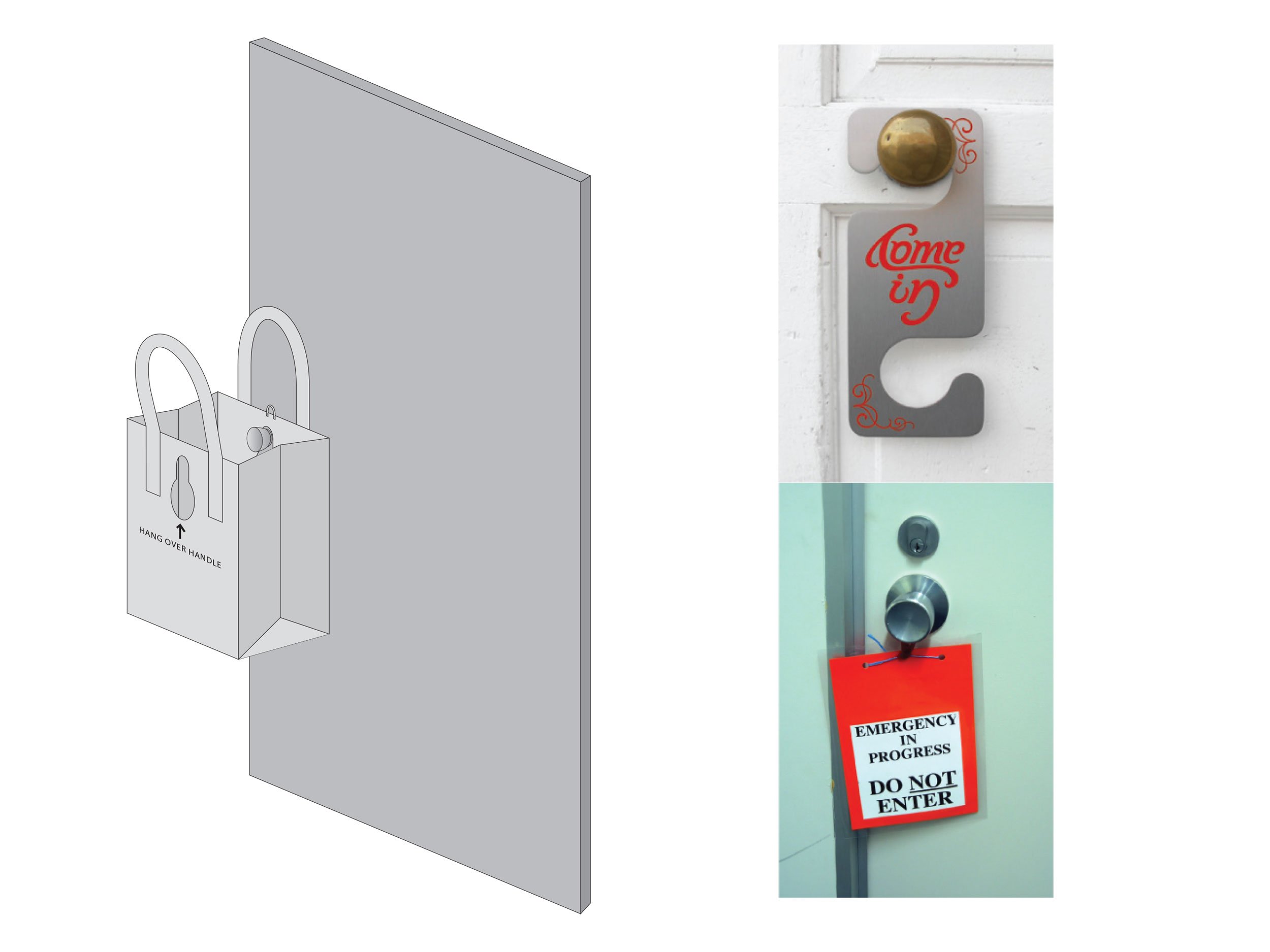
Guest Knows Best.
Our team identified four key areas of opportunity to promote reusable bag habits:
1. The design of bags for specific contexts that lead up to purchases.
2. The design of bags for specific shopping behaviors.
3. The design of hybrid bags to support lifestyle and not just function.
4. Bag construction and material selection driven by guest behaviors.
Anatomy Of A Reusable Bag.
Bags from numerous competitors were collected and analyzed for function, construction, and design. This investigation uncovered the need for more comfortable, durable, and behavior-specific bags. From the lightweight, compact bags of the sporadic individual shoppers to the heavyweight, canvas bags used by a family of five, we developed scenarios and guidelines for realistic reusable bag cycles.
Sustainable Stores.
We uncovered the need to better integrate sustainability into stores to truly address corporate and guests’ environmental commitments. Our comprehensive design process identified and helped shape new guest pathways—pathways where products, signage, and incentives work together to create a more sustainable experience for Target guests.
Links & Press.


